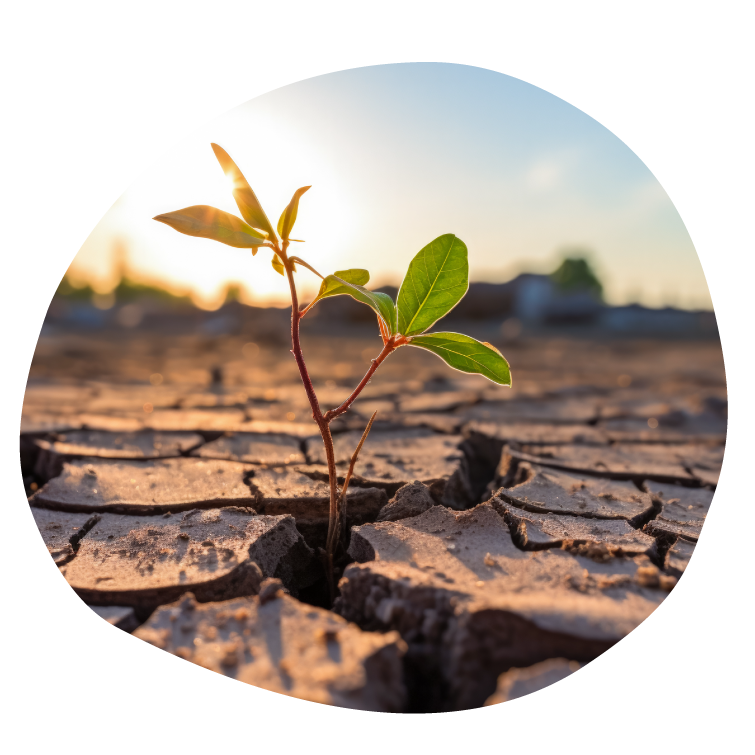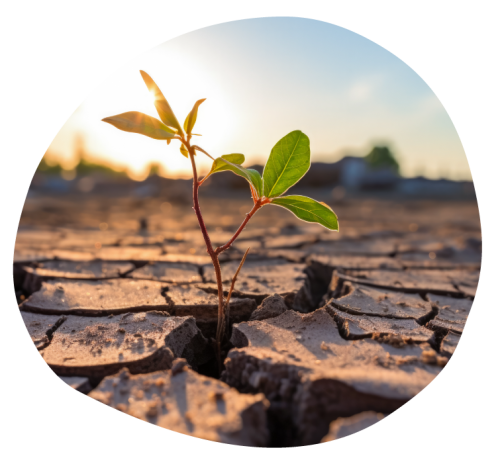
Water, the source of life, sustains ecosystems, nourishes crops, and quenches our thirst. Yet, despite covering over 70% of the Earth’s surface, access to clean and reliable water remains a pressing challenge for millions worldwide. Water scarcity, driven by factors such as population growth, climate change, and unsustainable water management practices, threatens to exacerbate inequalities, undermine development, and jeopardize ecosystems. In this blog, we’ll delve into the complexities of water scarcity, explore its implications, and discuss potential solutions to address this critical issue.
Understanding Water Scarcity
Water scarcity occurs when demand exceeds supply or when water is not adequately available due to pollution, contamination, or inefficient distribution systems. It manifests in various forms, including physical scarcity, where there’s a lack of available water resources, and economic scarcity, where water is inaccessible due to infrastructure or financial constraints.
The consequences of water scarcity are far-reaching, affecting everything from public health and agriculture to industry and biodiversity. Communities facing water shortages often experience increased competition for resources, heightened vulnerability to droughts and floods, and diminished opportunities for economic growth and social development.
Challenges Contributing to Water Scarcity
Several factors contribute to the global water crisis:
• Population Growth: As the global population continues to grow, the demand for water escalates, placing strain on existing water supplies and infrastructure.
• Climate Change: Shifts in weather patterns, including prolonged droughts and more intense rainfall events, disrupt water availability, exacerbating water scarcity in many regions.
• Water Pollution: Contamination from industrial discharges, agricultural runoff, and inadequate sanitation infrastructure pollutes water sources, rendering them unsafe for human consumption and ecological health.
• Unsustainable Water Management: Inefficient irrigation practices, over-extraction of groundwater, and poor water governance exacerbate water scarcity and degrade ecosystems.
Solutions to Address Water Scarcity
While the challenges of water scarcity are daunting, proactive measures and innovative solutions offer hope for a more sustainable future:
• Water Conservation: Implementing water-saving technologies and practices, such as drip irrigation, water-efficient appliances, and rainwater harvesting, can reduce water consumption and minimize waste.
• Investing in Infrastructure: Developing robust water infrastructure, including storage facilities, distribution networks, and wastewater treatment plants, improves access to clean water and enhances resilience to water-related risks.
• Promoting Sustainable Agriculture: Adopting agroecological practices, such as crop rotation, soil conservation, and precision irrigation, minimizes water usage, enhances soil health, and promotes agricultural sustainability.
Enhancing Water Governance: Strengthening water governance frameworks, promoting stakeholder participation, and implementing integrated water resource management approaches foster equitable allocation and sustainable use of water resources.
Raising Awareness: Educating communities about the importance of water conservation, pollution prevention, and sustainable water management empowers individuals to take action and advocate for change.
Conclusion
Water scarcity is a complex and multifaceted challenge that requires a coordinated and holistic approach to address. By embracing innovative solutions, promoting sustainable practices, and fostering collaboration among stakeholders, we can mitigate the impacts of water scarcity, safeguard precious water resources, and build a more resilient and water-secure future for all. It’s imperative that we act decisively and collectively to ensure access to clean and reliable water for current and future generations. After all, water is not just a resource—it’s a fundamental human right and the lifeblood of our planet.




